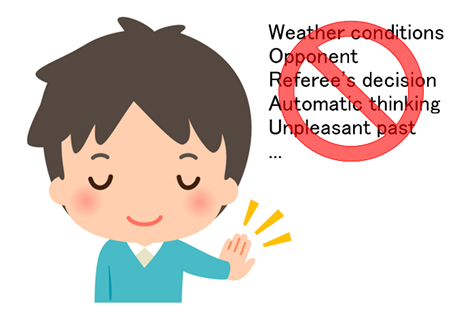A04. Two ways anxiety arises
- Professor M

- Jan 12, 2025
- 2 min read
Updated: Jan 24, 2025

There are two ways in which anxiety can affect performance. One is called a short circuit. For example, if you are standing on a train platform and someone suddenly taps you on the shoulder from behind, you will be surprised and freeze for a moment (freezing). Then, you will wonder what happened and your sympathetic nervous system will become active,
causing palpitations, which is a state of preparation for fight or flight (see Part 2). The other is called a consciousness circuit . For example, if you are walking alone on an unlit road at night, you will gradually become worried that someone will attack you, your heart will start beating fast, and your sympathetic nervous system will become active, causing palpitations, which is a state of preparation for fight or flight. When it gets worse, your movements will become awkward, like a small freezing. This is the case when athletes become increasingly anxious the day before a game and reach a peak before performing. It is also thought that this circuit is at work when you become tense and your body movements become poor during a performance.
Chiba Shusaku, a master swordsman in the late Edo period who had many disciples, listed four things that one must not do in order to win in swordsmanship: be surprised, be afraid, doubt, and be confused. He said that one should not only rely on physical strength, but also cultivate one's mind to eliminate these four things (Oobogi Teruo, 7th Late Edo Period Martial Arts Theory - 2, All Japan Kendo Federation). All four of these are basic psychological reactions when one encounters stress, and are primitive reactions to anxiety. A serious fight where life and death are at stake can be considered a battle against anxiety.


